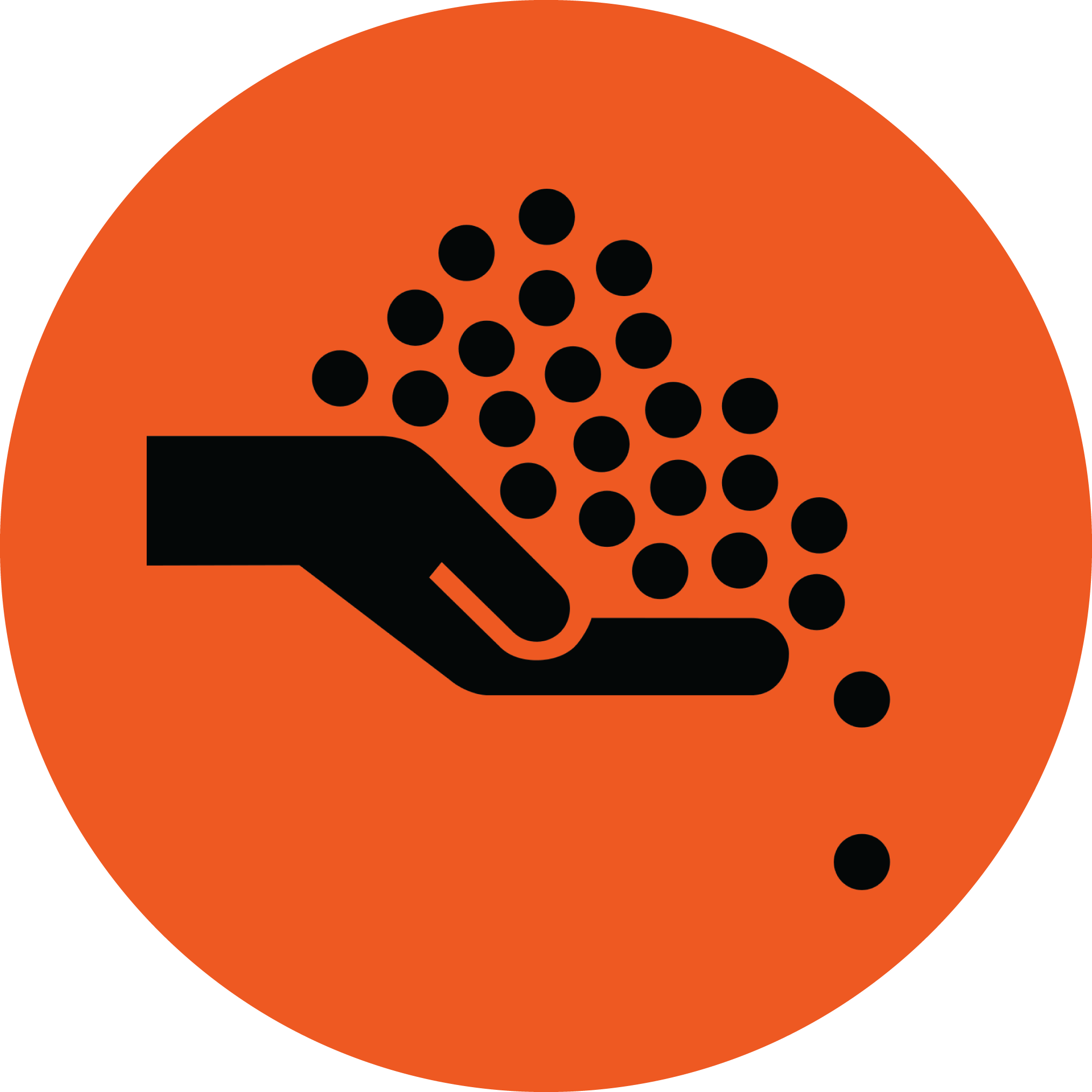Website Speed Optimization
The Problem
Poor website performance is one of the leading causes for dissatisfaction among customers and loss of revenue for businesses. Ye very few businesses grasp the importance of having a fully optimized website with good page loading speeds. Companies often go all out in investing on latest web tech only to find out at a later stage that they can’t handle the load.
The solution
The solution lies in taking the help of our website speed optimization experts. We revamp your site to make it blazing fast, as secure as a bank vault and keep it running at optimal performance.
The result of website speed optimization is:
Improved SEO rankings - You get a website that is loved by search engines
Improved User Experience - Pages that load faster translate to happier users
Boost in sales - Mobile optimized sites that load faster earn more revenue
Lower cart abandonment - Pages that take less than 1 second to load see lower cart abandonment
Lower bounce rates - Visitors stay on your site for longer times and the bounce rate, the rate at which visitors land on your website and move away immediately falls
Improve retention – Since shoppers don’t have to wait for longer times, they result in repeat customers.
Here are the most widely recognized site security weaknesses and dangers:
These are just some of the benefits that you’ll see when you hire the specialization services of Webdaddy. With Webdaddy your online business is in safe hands. Irrespective of whatever you are looking for in web development services, we will give you the best end-to-end web development services that are second to none. Fast and efficient, we ensure that your website is an attractive destination for all your stakeholders.

